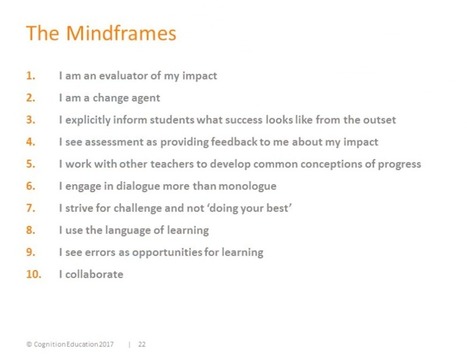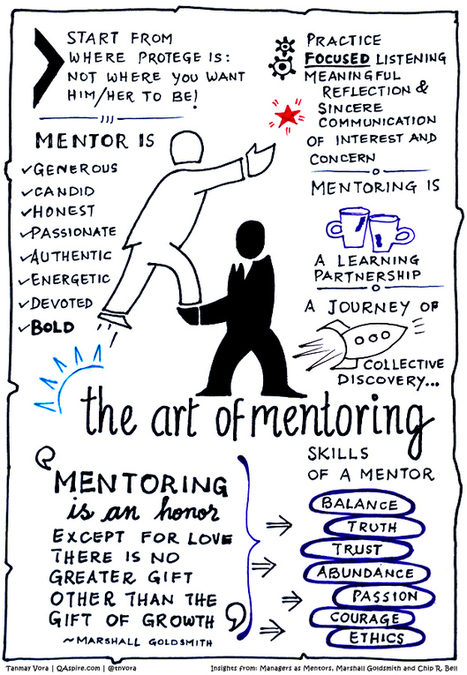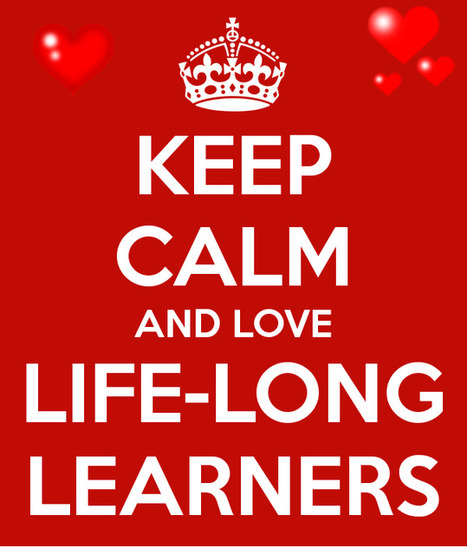The European Commission has just published the final report of the study "ICT for Work: Digital Skills in the Workplace" on the impact of information and communication technologies (ICT) on the transformation of jobs and skills.
"Conclusions and recommendations. The evidence shows that digital technologies are increasingly and extensively used across the economy. However, digital skills appear to be currently required mostly for the high-skilled and, to a lesser extent, medium-skilled employees to perform their job tasks, and are less likely to be required for the low-skilled or the unskilled (or frequently not required at all, even at basic level). These polarising trends, confirmed also by other available evidence, draws attention to the fact that a high share of workers in low-skilled occupations whichdo not require (or require to a very limited extent) digital skills. This dichotomy risks widening the digital divide, leaving a proportion of workers lagging behind and at risk of digital exclusion, who would hence benefit from specific attention.
"Another finding regards the availability of digital skills, which is not always sufficient to meet employers’ needs, as demonstrated by the reported existence of digital skills gaps in the workforce, even as regards basic digital skills. Different factors contribute to this situation. The speed at which workers are being provided with the right digital skills in the right locations is frequently slower than the speed at which digital technologies are evolving. As a result, digital skills are often also more subject to obsolescence. An age-related issue can also be identified, as older workers are less likely to be equipped with digital skills than younger workers. Results show as well that even if workplaces report that a proportion of their workforce is not fully proficient in carrying out tasks involving the use of digital technologies, they often do not recognise that existing in-house skills gaps impact on workplace performance and hence often do not take action to deal with the issue.
"Another important result regards the relationship between workplace size and access to digital technologies. For micro and small-sized workplaces, it may not be viable to invest in order to increase ICT use. Also, for those micro and small-sized employers who have a high demand for digital skills, simply allocating staff time to acquire them is both difficult (loss of productive time), and expensive (training and development programmes need to be brought in). This is less an issue for bigger employers with more available resources who can manage capacity, develop training programmes or buy them in. But it is also important to remember that some micro or small-sized companies consider that they do not need ICT at all, and therefore do not demand digital skills.
"Finally, the skills challenges appear highly dispersed, as different sectors have different demands, and the balance of supply and demand is different across Member States. The sectoral analysis indicates that the use of digital technologies is uneven across economic sectors, particularly concerning the types of digital technologies, their speed of penetration and also the related demand for digital skills, with some sectors clearly leading the ‘digital revolution’ and some others following at a slower pace.
"Conclusions and recommendations. The evidence shows that digital technologies are increasingly and extensively used across the economy. However, digital skills appear to be currently required mostly for the high-skilled and, to a lesser extent, medium-skilled employees to perform their job tasks, and are less likely to be required for the low-skilled or the unskilled (or frequently not required at all, even at basic level). These polarising trends, confirmed also by other available evidence, draws attention to the fact that a high share of workers in low-skilled occupations whichdo not require (or require to a very limited extent) digital skills. This dichotomy risks widening the digital divide, leaving a proportion of workers lagging behind and at risk of digital exclusion, who would hence benefit from specific attention.
"Another finding regards the availability of digital skills, which is not always sufficient to meet employers’ needs, as demonstrated by the reported existence of digital skills gaps in the workforce, even as regards basic digital skills. Different factors contribute to this situation. The speed at which workers are being provided with the right digital skills in the right locations is frequently slower than the speed at which digital technologies are evolving. As a result, digital skills are often also more subject to obsolescence. An age-related issue can also be identified, as older workers are less likely to be equipped with digital skills than younger workers. Results show as well that even if workplaces report that a proportion of their workforce is not fully proficient in carrying out tasks involving the use of digital technologies, they often do not recognise that existing in-house skills gaps impact on workplace performance and hence often do not take action to deal with the issue.
"Another important result regards the relationship between workplace size and access to digital technologies. For micro and small-sized workplaces, it may not be viable to invest in order to increase ICT use. Also, for those micro and small-sized employers who have a high demand for digital skills, simply allocating staff time to acquire them is both difficult (loss of productive time), and expensive (training and development programmes need to be brought in). This is less an issue for bigger employers with more available resources who can manage capacity, develop training programmes or buy them in. But it is also important to remember that some micro or small-sized companies consider that they do not need ICT at all, and therefore do not demand digital skills.
"Finally, the skills challenges appear highly dispersed, as different sectors have different demands, and the balance of supply and demand is different across Member States. The sectoral analysis indicates that the use of digital technologies is uneven across economic sectors, particularly concerning the types of digital technologies, their speed of penetration and also the related demand for digital skills, with some sectors clearly leading the ‘digital revolution’ and some others following at a slower pace."
Via
Gust MEES



 Your new post is loading...
Your new post is loading...






















Education may be the passport to the future, but for all the good teaching out there, it would seem that schools are failing to impart some of the most important life skills, according to one educational expert.
Dr. Tony Wagner, co-director of Harvard's Change Leadership Group, argues that today’s school children are facing a “global achievement gap”, which is the gap between what even the best schools are teaching and the skills young people need to learn.
This has been exacerbated by two colliding trends: firstly, the global shift from an industrial economy to a knowledge economy, and secondly, the way in which today’s school children – brought up with the internet – are motivated to learn.
In his book The Global Achievement Gap, Wagner identifies seven core competencies every child needs in order to survive in the coming world of work.
1. Critical thinking and problem-solving
2. Collaboration across networks and leading by influence
3. Agility and adaptability
4. Initiative and entrepreneurialism
5. Effective oral and written communication
6. Accessing and analysing information
7. Curiosity and imagination
Learn more / En savoir plus / Mehr erfahren:
https://gustmees.wordpress.com